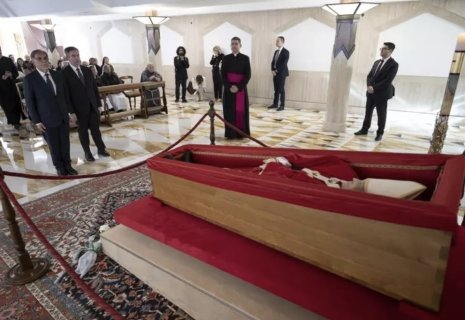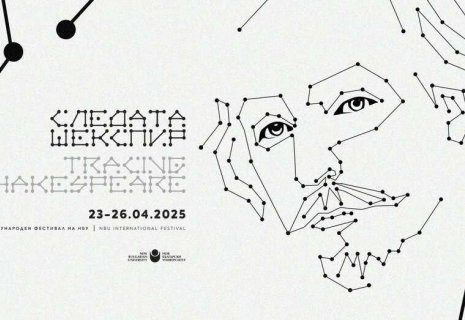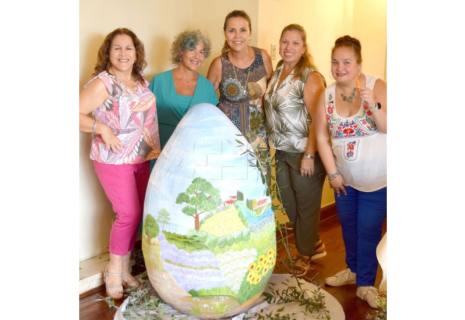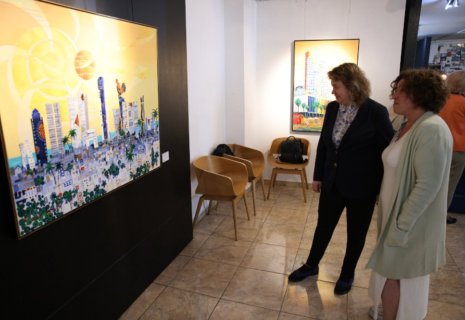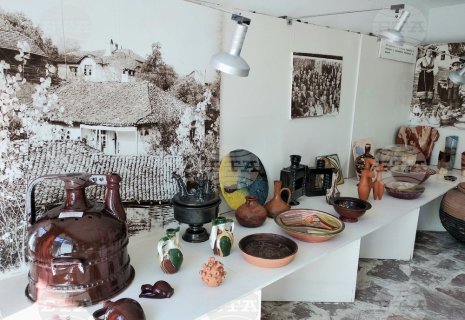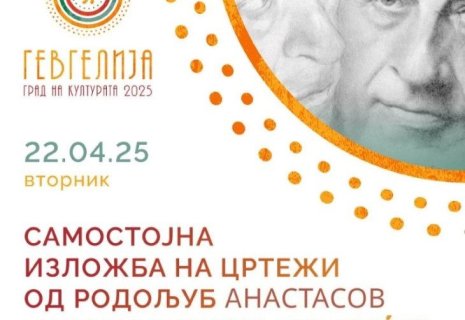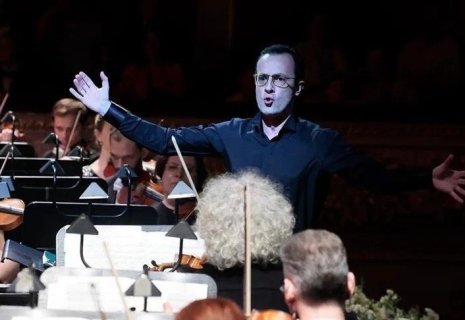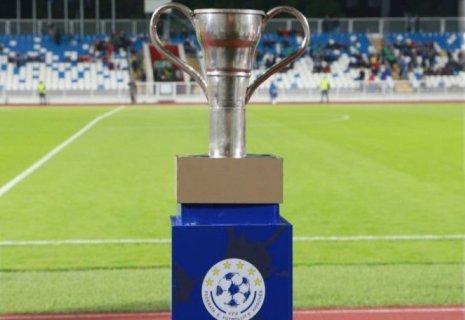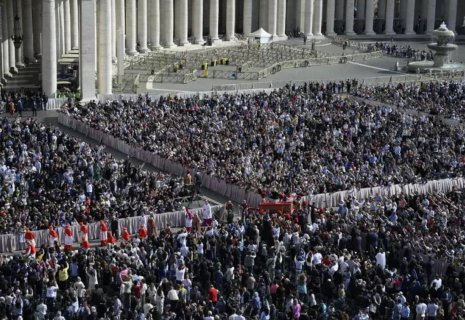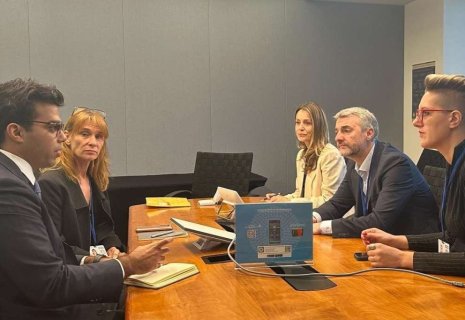
Discovering Moldovan culture and traditions: kaleidoscope of heritage
Moldova, a small landlocked country in Eastern Europe, has a rich tapestry of culture and traditions shaped by its historical lineage, geographic connections, and diverse influences. Despite its size, Moldova’s cultural heritage is vibrant and multifaceted, embodying a blend of Romanian, Ukrainian, Russian, and Gagauz influences. From folk arts and music to cuisine and festivals, Moldova offers a unique glimpse into the customs that define its people, CE Report reports.
Language and Literature
The official language of Moldova is Romanian, known locally as "Moldovan." The language plays a crucial role in shaping the national identity and cultural expressions of the Moldovan people. A vibrant literary tradition emerged during the 19th century, with significant contributions from authors like Mihai Eminescu and George Coșbuc. Today, contemporary Moldovan literature continues to thrive, often reflecting the nation’s social and political narratives.
Folk Music and Dance
Music and dance form the heartbeat of Moldovan culture. Traditional folk music—characterized by lively melodies and rich harmonies—often features instruments such as the "fluier" (a type of flute), "cello," and "năsălie" (a traditional stringed instrument). The most well-known genre is "hora," a communal dance where participants form a circle, holding hands and stepping in time to the music. These dances are not just performances but serve as social gatherings celebrating community, love, and joy.
Festivals such as the “Martisor” (celebrated on March 1) welcome the arrival of spring and reflect unity and renewal through music and dance. During this time, people exchange red and white strings tied together as symbols of love and respect.
Gastronomy
Moldovan cuisine is a reflection of its agricultural roots and a testament to its cultural diversity. The country is famous for its hearty dishes, including "mămăligă" (a cornmeal porridge similar to polenta), stuffed cabbage rolls (sarmale), and various meat dishes. Local ingredients such as vegetables, grains, and meats define the culinary landscape, often celebrated during communal meals and family gatherings.
The wine culture in Moldova is particularly noteworthy, with a history that dates back over 5,000 years. The country is home to some of the largest wine cellars in the world, such as the Milestii Mici and Cricova, which showcase a wide variety of wines. Wine festivals celebrate this cherished tradition, drawing both locals and tourists to taste and appreciate Moldova's rich viniculture.
Traditional Crafts and Arts
Moldovan artisanship is evident in its traditional crafts, which include weaving, pottery, and wood carving. The intricate designs of textiles, often featuring folkloric motifs and vibrant colors, are a source of national pride. Handcrafted pottery, especially from the regions of Căușeni and Raionul Fălești, reflects Moldova’s agricultural traditions and is often used during festivities.
During significant events, such as weddings and holidays, you’ll find beautifully crafted items that are integral to customs and rituals. The “cunună” (floral crown) worn by brides and traditional clothing adorned with intricate embroidery are emblematic of Moldova's aesthetic heritage.
Religious and Spiritual Beliefs
Religion plays a significant role in Moldovan life, with the majority identifying as Eastern Orthodox Christians. Important religious events, such as Christmas and Easter, are observed with a mix of solemnity and festivity. The “Ignat” celebration, which involves the ritual slaughtering of pigs before Christmas, showcases the intertwining of faith and tradition, as families come together to prepare and share meals that honor their beliefs.
Modern Influences and Traditions
While Moldova cherishes its old traditions, the culture has been influenced by modern trends and globalization. Contemporary artists, musicians, and actors are reshaping the cultural landscape, often blending traditional and modern styles. Events like the “National Day of the Romanian Language” and various cultural exhibitions strive to maintain and celebrate the country's linguistic and cultural diversity while fostering a sense of unity.
Conclusion
Moldovan culture and traditions are a beautiful mosaic that reflect the country's historical roots and evolving identity. The rich folklore, culinary delights, traditional music, and vibrant art forms illuminate the resilience and creativity of its people. As Moldova continues to navigate the complexities of modernity while holding onto its rich heritage, it remains a splendid destination for anyone eager to explore the enchanting world of Eastern European culture. Whether through community gatherings, festivals, or cuisine, Moldova offers a heartwarming reminder of the importance of tradition and the unifying power of culture.



